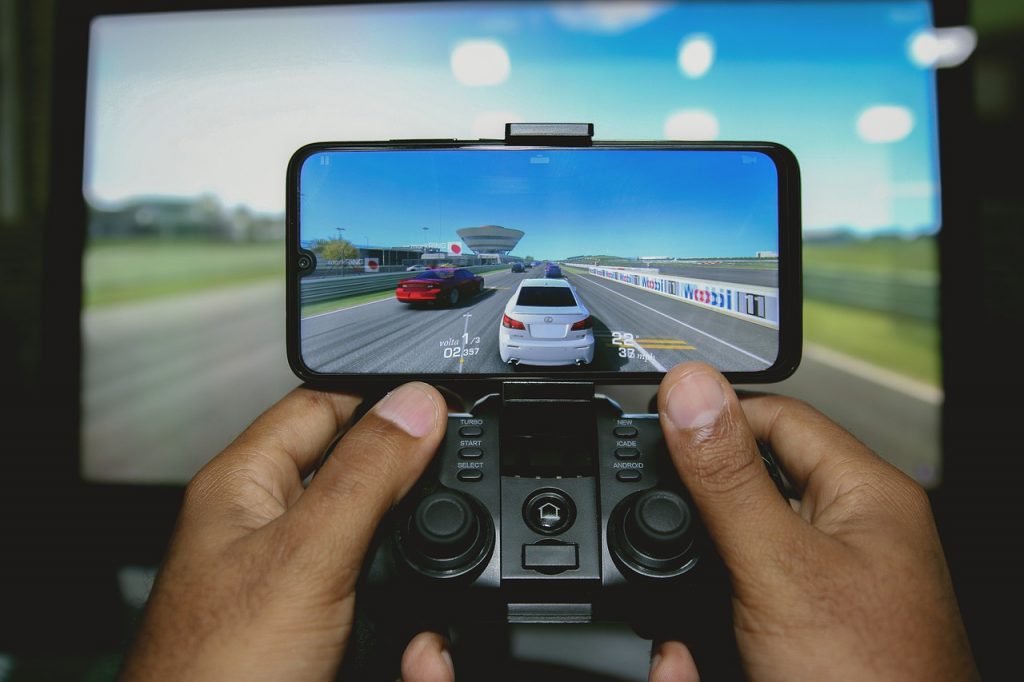How Do Video Games Affect Our Brains And Behavior?
Which power keeps us all on screen for 3 billion hours a week?
ANSWER: computer games (sometimes mentioned video games or VG)
Computer games, which have become the most popular entertainment tool today, are not limited to children and adolescents. Demographic data show that the average age of players has increased in recent years ( Entertainment Software Association, 2014 )
Maybe the reason; especially in today’s conditions, digital technologies such as smartphones and tablet computers are entering our lives more. Thus, we are more exposed to gamified applications and entertainment software.
Possible positive effects of prolonged exposure to VG; cognitive, emotional, motivational and social benefits.(source, Granic et al, 2014 )
The negative effects are listed as exposure to graphic violence, contribution to obesity, addiction, cardio-metabolic deficiencies, etc. (source.. Ivarsson et al, 2013 ; Turel et al, 2016 )

Computer Games And Their Effects On The Brain
116 scientific studies have been examined to investigate whether they change the brain structurally and functionally. While 22 of these studies focus on the structural changes made by them in the human brain, 100 studies have examined brain functions and behavior of the individual. As a result of the studies, it was revealed that they not only affect how the brain works, but also its structure.
Contrary to what is believed, a causal relationship between VG and the tendency to violence has not been found as a result of decades of research on violence and VG.
For example; An increase in some types of attention (continuous attention, selective attention, etc.) was observed in players who played VG that require attention. However, such games have led to the definition of a new addiction (Internet Gaming Disorder = IGD).

Video Games Help Improve Memory.
Two significant increases in cognitive abilities were observed, especially in the 12-hour study conducted among people aged 60-85. These are memory and constant attention. These skill levels, which were reached in memory and attention span, managed to preserve themselves until 6 months after the study was completed. According to the researchers, even the slightest brain development is positive for improving age-related mental decline.
2D vs 3D
The differences between 3-dimensional (3D) and 2-dimensional (2D) ones on the subject were also examined. It was observed that the hippocampus part of the brains of the participants in the group playing 3D VG developed 12% more than the participants who played 2D ones.
So what makes 3D different? First of all, since it contains more abstract spatial information, the brain prepares a simulation environment from this information in the hippocampus section. In this way, the player is animating the scene in the game in his mind as if he were in real life.
Strategic games can be effective in preventing diseases such as dementia and Alzheimer’s. In addition, VG plays an active role in combating mental disorders such as depression. However, many studies emphasize that physical activity is the first method of choice for the development of brain health, structure and cognitive skills.
Additionally, it was found that surgeons who showed better skill in VG had better laparoscopic (closed) operating skills. It is also thought that VG that require serial manual skills can contribute to the motor skills of surgeons.

What Are The Harms Of Video Games?
It is disturbing for individuals to spend hours every day in these softwares in order to get away from family relationships, social life and friendship relations. In addition, it is known that increased time spent sitting at a desk increases the risk of many diseases such as cancer and obesity, including premature death.
The Exposure Time Is Important!
We can access useful information and even the knowledge of the whole world very quickly via computer / tablet. In addition, some of them are useful, but the nature and duration of the game should be the most important determinant in this regard. It is true that it contributes to the development of skills such as concentration, problem solving, competition, crisis management, versatile and strategic thinking, time management, quick thinking and decision making, multitasking, teamwork. In addition, it can increase the curiosity of history, culture and foreign language in individuals. But it can also negatively affect the development of cognitive, motor, psychological and social skills.
In this context, we should not forget that computer games can affect the brain both positively (attention, visual and motor skills, etc.) and negatively (risk of addiction). For this reason, controlled video games are recommended for brain health, cognitive and motor skills. Currently, there are not enough studies to make a definite comment on this subject. For this reason, to state that the reviews here are advisory.


